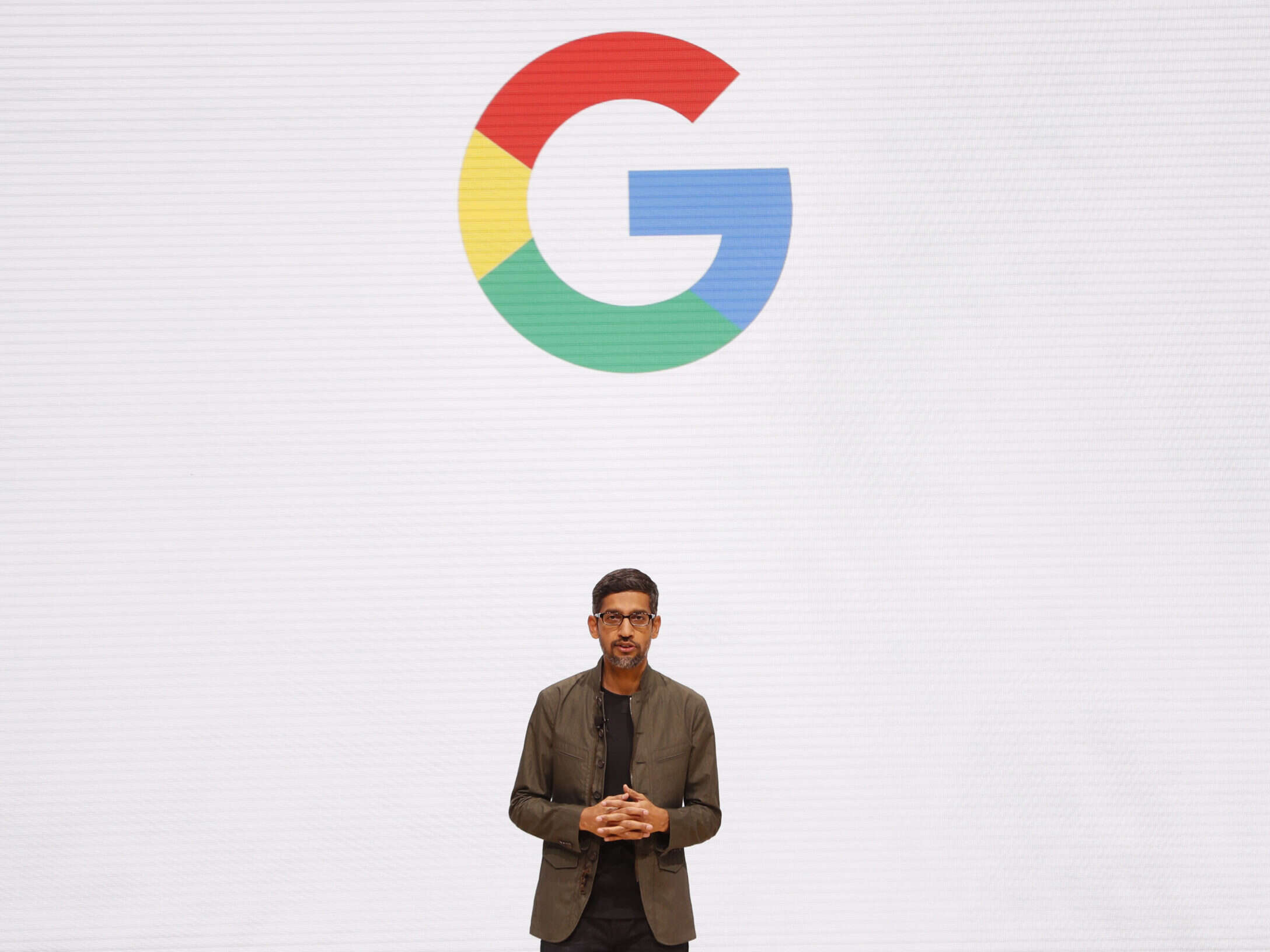
It’s interesting that, just after Google announced that it’s going to start paying publishers, the New York Times said it is pulling out of Apple News.
Those two events tell us a lot about the way ahead for journalism.
Google’s plans seem vague. So far they said they want to “pay publishers for high-quality content for a new news experience launching later this year”. The fact that they have announced the licensing before the actual product tells us exactly where their priorities lie.
The headline on their announcement confirms it: “A new licensing programme to support the news industry”.
Supporting the news industry is nothing new for Google. Initiatives like Google News Initiative have been under way for years, and have given out hundreds of millions of dollars as grants.
So why this different approach? The important word is “licensing”.
This word means they are asking permission to use content in their services, not just going ahead and doing it. They are agreeing terms with publishers, including payment – they’re negotiating.
This is pretty radical stuff for Google. When they have been asked to pay publishers before, they have aggressively refused, even going as far as to pull out of some markets rather than comply with new laws.
Their position is, and has to be, that their core activities are completely legal, not subject to normal licensing rules. The things they do with the content they crawl they do mostly opaquely and automatically within their gigantic networks, with no right for anyone else to know exactly what happens to the content we own.
Licensing is anathema to that way of working. Having to ask permission when they crawl and copy content, and waiting until it’s received, would collapse not just their news business but substantial parts of their entire operation. Hence the hostile response whenever anyone tries to force them.
Until now, they have never offered publishers real visibility and control over how their content is used.
If Google’s new aggregated news “experience” turns out to be a hit with readers it could be a headache for publishers, especially as more of them focus on reader revenue.
To understand that headache, the NY Times decision to pull out of Apple News is informative.
The decision, they say. is because they want to “control the presentation of our report, the relationships with our readers and the nature of our business rules”.
When a publisher becomes a content provider for someone else’s service (or “experience”), they lose control over their product. Being a content provider is a perfectly good business – it’s why news and picture agencies exist.
The business of turning content into products, though, is the job of the journalists and editors working for publishers.
Newspapers, especially those with reader revenues, need to be consistent in delivering the readers’ expectations. They have to do this despite all of the content which makes up the newspaper changing constantly. The title, the editing, the style, the mix of content, all combine to create something consistent despite its ever changing make-up. It is the consistency of the product, distinct from the content, which leads readers to develop the habit which brings them back.
Detached from the title, that content degrades back into raw materials, and its value to the publisher degrades with it. Added to someone else’s product it becomes more theirs than yours, and the value evaporates, as the painful experience of the news industry on the internet has taught us over decades.
The internet, generally, puts an algorithm in the editor’s chair, drawing on huge amounts of content. and the reader is offered something which nobody other than them ever sees. Your title might be credited as the source, you might even get quite a lot of traffic (and a little bit of ad revenue), but the user’s relationship is fundamentally rooted elsewhere.
The NYT has clearly concluded that, regardless of any income, or traffic, or visibility, they prefer to keep control over their product.
When it comes to Google licensing content, the publishers should proceed with caution.
Google say their primary goal is to support the news industry. That being the case, perhaps publishers should invite Google to support them in more straightforward ways, avoid becoming content providers for someone else’s product – even with its licences and fees – and keep control over their products, reader relationships and future revenues to themselves.
Dominic Young is a former senior executive in the newspaper industry in the UK and USA. He founded his current company, axate.com, to create a publisher-centric casual payment network which enables reader revenue to become the primary revenue stream for more publishers.
Email pged@pressgazette.co.uk to point out mistakes, provide story tips or send in a letter for publication on our "Letters Page" blog
